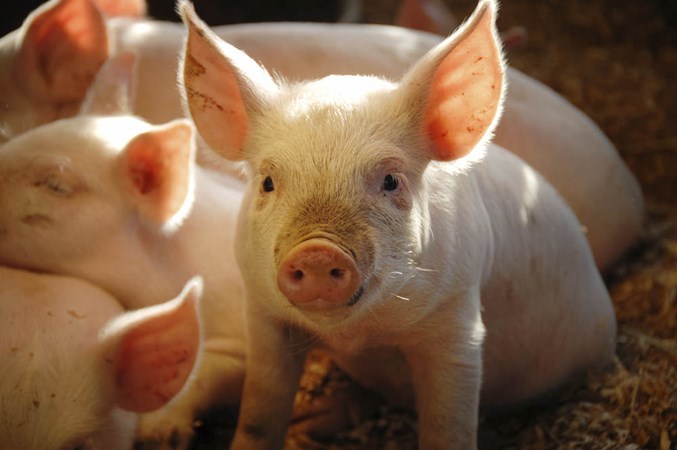7/14/2023
by Janet Wang
The last twenty years have seen a wave of state-level protections for farmed animals, starting with a sow stall ban in Florida in 2002, to the successful defense of California’s Proposition 12 in the Supreme Court this year.
But all that good work, and more, threatens to be undone by the Ending Agricultural Trade Suppression (EATS) Act, which would prevent states and cities from determining what’s best for their farms and communities and shift power to the federal government, where animal protection issues are rarely considered.
The EATS Act is a rebranded version of the King Amendment—named after former Iowa congressman, Steve King, who for years, tried unsuccessfully to undermine states’ rights in a federal power grab that would have been a gift to foreign-owned conglomerates at the expense of US family farmers and ranchers.
The EATS Act, in a nutshell, would prevent state or local governments from regulating an agricultural product except to the extent it is already regulated by federal law and the law of the producing state. While the EATS Act has been drafted in an effort to dismantle existing local animal welfare laws, its impact could have far-reaching implications for food safety, disease prevention, cigarette safety, and other societal issues which involve agricultural product regulations, as this Harvard Law School analysis explains. Furthermore, it would burden states with additional costs, regulatory challenges, and legal battles.
If this regressive piece of legislation is passed, it would reverse all the progress achieved for farmed animal welfare in this millennium. Mother pigs would be sent back into gestation crates where they can’t turn around or snuggle their piglets; Egg-laying hens would be put back into cages, where they can’t lift their wings; and young calves would be trapped once again in crates where they can’t move around in order to weaken their muscles for veal.
By limiting the power of regulations and laws from the state level, we risk perpetuating a system that prioritizes the profit of foreign-owned multinational companies over the rights of local farmers and communities to determine the laws that are best for animals, people, and their local environment.
We cannot allow the progress made in farmed animal welfare to be wiped out by misguided legislation. It is crucial for Compassion supporters to unite, raise awareness, and voice their opposition to the proposed EATS Act. Reach out to your federal representatives today to voice your opposition and inform others about this bill. Together, we can protect the well-being of farmed animals and foster a more compassionate and sustainable food system for all.

